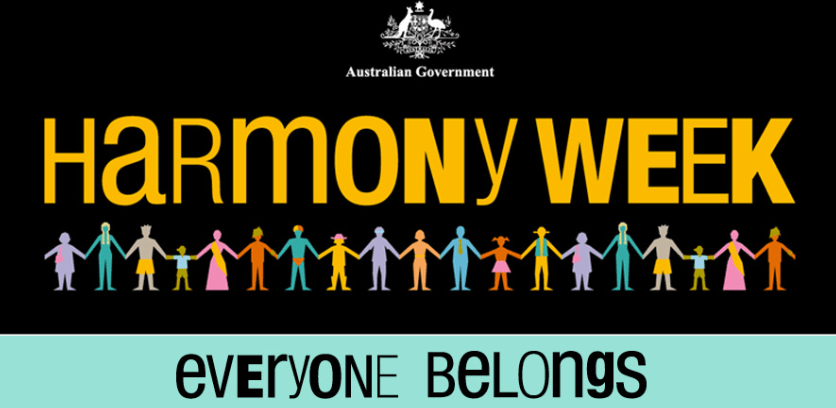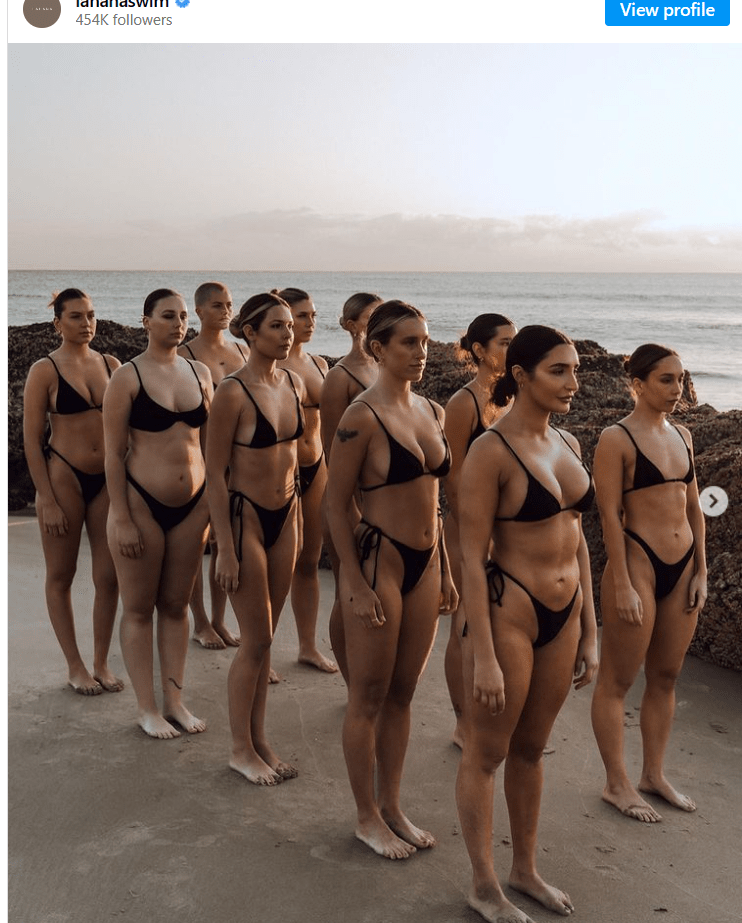As social justice movements gain momentum, a troubling pattern has emerged within Australia’s corporate landscape: performative activism.
This phenomenon, characterised by superficial displays of support for marginalised communities without genuine commitment to tangible action, presents formidable obstacles to genuine progress in fostering diversity, equity, and inclusion.
In the wake of George Floyd’s tragic murder in 2020, companies worldwide responded with vocal pledges and a flurry of spending, estimated at $7.5 billion (USD) on diversity, equity, and inclusion programs. However, while more companies outwardly embrace brand activism, aligning with social causes, a glaring disparity persists within their own ranks.

A 2018 Edelman survey across 35 countries found 64% of consumers reward firms engaged in activism. Pepper Miller, a Chicago-based diversity consultant, told BBC, “So it is no surprise that we saw so many companies going public in the aftermath of what happened to George Floyd. The response on the street has been substantial internationally too – there were even protests in Finland. It is difficult for companies to ignore that.”
Yet, despite these public commitments, the reality within boardrooms often falls short.

Michael*, a former executive at one of Australia’s leading banks, spoke to BACKCOVERNEWS.COM on the condition of anonymity. He claims he was fired after seven years with the company when he complained about the lack of diversity within the leadership teams.
He settled the matter privately.
“My former employer marketed itself as a paragon of virtue, but in reality, nearly all of the top positions were held by white men. It was all performative, a complete farce,” he said.
Such performative allyship was glaringly evident in Australian swimwear brand Lahana’s whitewashed advertising campaign, which sparked widespread criticism late last year.
While companies like Lahana pledged to “try harder,” activists like Collette Philip emphasise that true allyship transcends surface-level gestures.

“If you are serious about anti-racism, you need to make it part of your brand, part of who you are, what you stand for, and how you do things,” Philip told Forbes. “This is not about performative appearance, it is about embedding anti-racism so that it becomes part of your identity.”
The disparity extends beyond rhetoric. Australia’s corporate landscape remains predominantly Anglo-Celtic or European, with men occupying most senior roles.
Data from the University of Technology Sydney shows senior executives in both business and government are mostly male and overwhelmingly hail from Anglo-Celtic (75.9%) or European (19%) backgrounds.
Further highlighting the disparity, a mere ten out of Australia’s top 200 companies are helmed by female CEOs. Despite the legislative milestone of equal pay for women in 1969, the gender wage gap persists, with women earning $25,800 less annually than their male counterparts, even more than fifty years later.
Additionally, marginalised groups, including LGBTIQ+ workers and Aboriginal and Torres Strait Islander individuals, face pervasive discrimination and harassment in the workplace.

The root of the issue lies in entrenched power dynamics, where decision-making authority rests predominantly in the hands of white executives. Performative allyship perpetuates these inequalities, maintaining existing power structures and hindering genuine progress.
A damning report by Diversity Council Australia exposes the prevalence of racial discrimination in workplaces, with minimal action taken to address it.
The Diversity Council Australia’s (DCA) 2022 “Racism at Work” report paints a troubling picture. Out of 1,547 workers surveyed across the nation, less than a quarter believed their employers swiftly addressed instances of workplace racism. Just 27% reported proactive efforts by their organisations to prevent such occurrences.
“Our research shows that in the past year, one in two Aboriginal and/or Torres Strait Islander people experienced at least one incident of racial harassment or discrimination at work,” the Council previously said.
“Separate research found more than one in three Australians born overseas of non-English speaking backgrounds experienced discrimination in the last year because of their skin colour, ethnicity, or religion. This rises to two in five for Australians born in an Asian country. What’s more, about one in three Australians hold negative views towards Muslims.”
The urgency for genuine allyship and systemic change has never been clearer.
As corporate Australia faces mounting pressure for accountability, the choice between performative gestures and genuine activism will define its path toward equity and inclusion. Meaningful change demands a departure from hollow promises and a steadfast commitment to dismantling systemic barriers.

